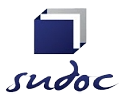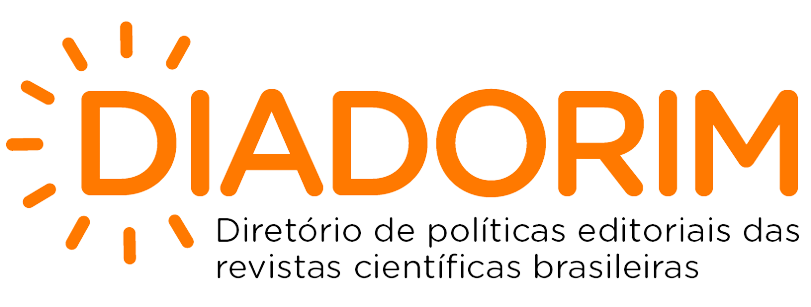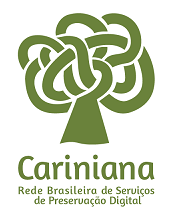Oral Poetics, memory-body and the rhythm from narratives of masters storytellers of traditional stories
DOI:
https://doi.org/10.5433/boitata.2021v16.e42618Keywords:
Oral Poetics, Memory-body, Traditional storytellers.Abstract
This article argues about oral literature and its relation with memory through the voice of tradition masters, guardians of the storytelling art. The memory presented here arises from the experiences and needs of communities that also transmit them among generations. A memory liable to undergo changes generated by time and by the multiple voices that transmit it from one ear to another, from one space-time to another. The text also reflects about the importance of the body as a place of memory, engendered in its rites, rituals and narratives and comprises oral literature under new paradigmatic and epistemological perspectives. Finally, this work also focuses on understanding that it is listening to storytellers with their life narratives and traditional talesthat the reading word, understood here as the word in the world and with the world, that the knowledge transmission through oral routes happens. These masters has the important role of safeguarding and movementing historical memories and collective knowledge, building cultures and bridging the gaps that still exists, between the past and the present, between writing and orality.
Downloads
References
BENJAMIN, Walter. O Narrador: considerações sobre a obra de Nikolai Leskov. In: Magia e técnica, arte e política: ensaios sobre literatura e história da cultura. São Paulo: Brasiliense, 1994, p. 197-221.
BERNAT, Isaac. Encontros com o griot Sotigui Kouyaté. Rio de Janeiro: Pallas, 2013.
CASCUDO, Luis da Camara. Literatura oral no Brasil.3.ed. Belo Horizonte : Itatiaia ; São Paulo: Edusp, 1984.
CANDAU, Joël. Memória e identidade. Trad. Maria Letícia Ferreira. São Paulo: Contexto, 2019.
DERRIDA, J. Gramatologia. Trad. Míriam Chnaiderman e Renato Janine Ribeiro. São Paulo: Ed. Perspectiva, 2008.
DERRIDA, Jacques. Gramatologia. Trad. Miriam Schnaiderman e Renato J. Ribeiro. São Paulo: Perspectiva, 1973.
FORD, W. Clyde. O herói com rosto africano: mitos da África. São Paulo: Summus, 1999.
HALL, Stuart. A identidade cultural na pós-modernidade. Trad. Tomaz Tadeu da Silva. 11. ed. Rio de Janeiro: DP&A, 2006.
LE GOFF, Jacques. História e Memória. Trad. Bernardo Leitão. Campinas: Ed. UNICAMPI, 1990.
LOPES, Nei e SIMAS, Luiz Antônio. Filosofias Africanas: uma introdução. 2. ed. Rio de Janeiro: Civilização Brasileira, 2020.
LUYTEN, Joseph M.. O que é Literatura popular. 5. ed. São Paulo: Brasiliense, 1992.
OLIVEIRA, Carlos Jorge Dantas de. A Formação da Literatura de Cordel Brasileira, Santiago de Compostela: Universidade de Santiago de Compostela (USC), 2012. 381 fls. Tese (Doutorado em Teoria da Literatura e Literatura Comparada) - Faculdade de Filologia, Universidade de Santiago de Compostela, 2012.
PIMENTEL, Danieli dos Santos; FARES, Josebel Akel. O lugar das poéticas orais. Boitatá, Londrina, n.17, jan./jul. 2014.
PORTELLA, Mirtes Maria de Oliveira. Entre a letra e a voz: o espaço do leitor no conto de tradição oral. In: CELLI - Colóquio de Estudos Linguísticos e Literários 3, 2007, Maringá. Anais... Maringá, 2009, p. 749-760.
RISÉRIO, Antônio. Oriki Orixá. São Paulo: Perspectiva, 1996.
SILVA, Celso Cisto. A literatura popular: silêncios e murmúrios na história da literatura brasileira. Letrônica, v. 2, n. 2, p. 233-248, dezembro 2009.
ZUMTHOR, Paul. Performance, Recepção, Leitura. Trad. Jerusa Pires Ferreira e Suely Fenerich. São Paulo: UBU Editora, 2018.
ZUMTHOR, Paul. Introdução à poesia oral. Trad. Jerusa Pires Ferreira, Maria L. D. Pochat e Maria Inês de Almeida. Belo Horizonte: Editora UFMG, 2010.
ZUMTHOR, Paul. Performance, Recepção, Leitura. Trad. Jerusa Pires Ferreira e Suely Fenerich. 2. ed. São Paulo: Cosac Naify, 2007.
Published
How to Cite
Issue
Section
License
Copyright (c) 2021 Boitatá

This work is licensed under a Creative Commons Attribution 4.0 International License.
Boitatá esta licenciada com CC BY sob essa licença é possível: Compartilhar - copiar e redistribuir o material em qualquer suporte ou formato. Adaptar - remixar, transformar, e criar a partir do material, atribuindo o devido crédito e prover um link para a licença e indicar se mudanças foram feitas.






















